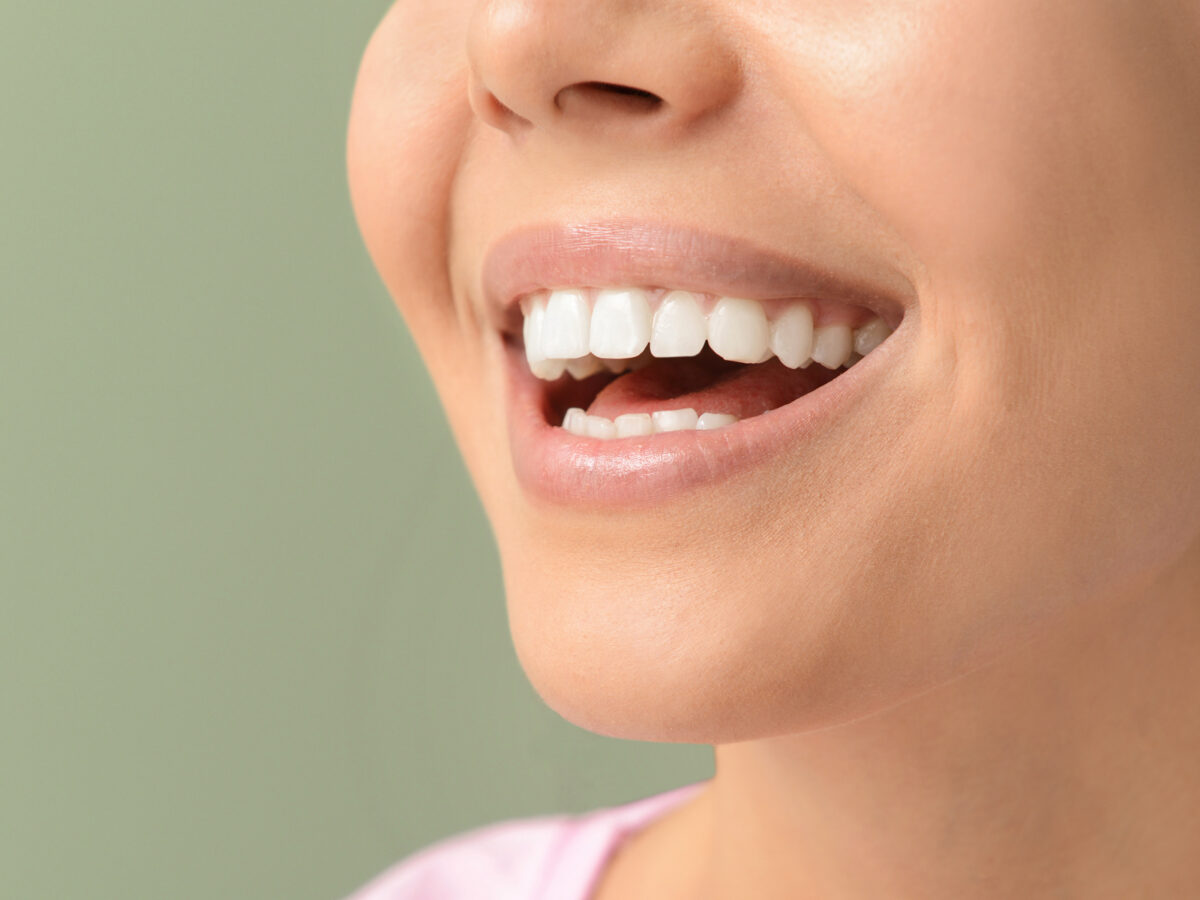Blog
Dental hygiene tips for healthy teeth & gums

Can Your Tooth Repair Itself?
We know that if our skin or bone gets damaged due to any reason, it can heal itself. But does the same apply to our teeth? Many of us must have wondered about this. In today’s era, many people are trying to find natural ways to take care of their bodies and are looking for alternative options for their overall health. Due to this fact, many dental practices are now offering a plethora of natural options for their patient’s dental problems.
Tooth regeneration may sound like science fiction to most of us, but this notion is not far-fetched. As the field of dentistry evolved, researchers have found that our teeth may be able to repair defects (such as cavities, chips, cracks, etc.) naturally by stimulating the stem cells in them. Though no clinical trials have been done in this regard, experts hope that these findings will impact the future of dental work significantly.
If you are wondering whether your tooth can become better by itself without the need for a dental visit, this article is for you. Here, we will learn about what is meant by a damaged tooth and whether natural tooth healing is possible or not.
What is a Damaged Tooth, and How Does Our Tooth Deal with It?
“Damaged teeth” can denote a number of traumas to our teeth. While in certain cases, you would definitely need to go to your dentist, some dental defects can heal through natural tooth healing.
- Damaged teeth include chipped, cracked, knocked out, or broken teeth.
- Your teeth can have stains due to eating and drinking highly pigmented foods such as coffee, red wine, berries, etc.
- Teeth may decay due to bacteria that thrive on sweets and carbohydrates in your food.
- The tooth that we see from the outside is the outermost structure called enamel, which acts as a shield for our pearly whites and protects them against damage. Amongst all the bones and tissues in our bodies, tooth enamel is the hardest.
- The substance inside enamel is known as dentin, which comprises numerous tunnels that go to the innermost part of our teeth, called pulp.
- Dentin is the bony and hard tissue beneath the enamel. The majority of teeth are dentin.
- The pulp within our teeth contains nerves and blood vessels.
- Our teeth are firmly attached to our teeth roots with the help of a tissue called cementum.
- When a tooth suffers damage, it loses a part of its dentin.
- Every tooth has stem cells that produce new dentin to repair the damage.
- This innate repair mechanism of producing dentin has its limits, as it can only manufacture small amounts of tissue when it is fighting against injury, cavity, or infection.
- Teeth also produce a hard barrier inside themselves to protect themselves against decay. The process of forming these barriers is known as tooth repair, where the cells in our pearly whites try to rebuild the walls from inside that have been destroyed by the decay.
Can Our Dentition Repair Itself?
Whether or not our teeth can repair themselves depends on the extent of damage. Our teeth have the capacity to heal from minimal damage.
- If there is a minimal fracture or a crack on our tooth at the outer level (which does not cause any pain), it may repair itself over time. The healing happens due to minerals in our mouths; hence, the process of self-healing is termed remineralization.
- The remineralization process is enhanced if we eat healthy and nutritious food and avoid excess sweet intake. The use of fluoride toothpaste also helps remineralization.
- Our saliva also helps a lot in keeping our mouths healthy, as it can aid in rebuilding the enamel of a cracked tooth. Building enamel strengthens and protects the tooth.
What Scientists Have To Say About Tooth Regeneration?
The human body is an extremely intelligent entity as it creates ways to protect itself when threatened by anything. Researchers say that the same thing is possible with our teeth, too, i.e., our teeth try to prevent decay from entering and reaching their pulp.
- Teeth protect themselves by forming a very strong barrier within themselves. This barrier is made of minerals.
- This mineral barrier is similar to dentin, and scientists call this the “tooth regeneration” process, which defines how our tooth can build new tissues to protect itself from decay.
- When dentists take an X-ray of teeth, they can see this dentin-like protective barrier that our teeth create against decay.
- Our tooth can even form this barrier after the dentist has taken away the decay since the dentist uses products that aid in rebuilding the tooth and forming new tissues.
- Numerous studies are underway that aim to figure out how our pearly whites manage to regenerate themselves and how this discovery can be used to provide natural tooth healing.
- Researchers have found incredibly special cells within the tooth pulp that are capable of forming new tooth parts. Such cells are known as stem cells, which are also found in other parts of our bodies.
- When bacteria invade teeth, these powerful stem cells within the pulp can get activated to regenerate the tooth.
Our teeth can take care of minimal damage to the skin due to the stem cells and dentin present in them. But as of now, not enough studies are there to prove our teeth can heal severe decays as well. However, a lot of promising research is going on in this area, and time will tell if complete tooth regeneration is possible or not.


